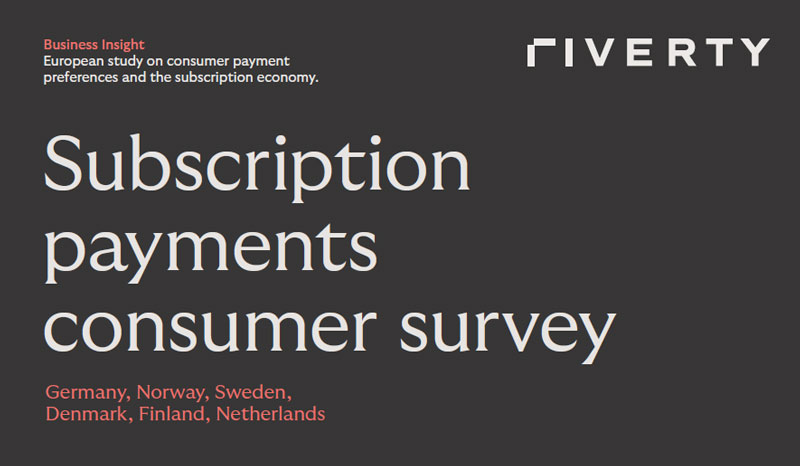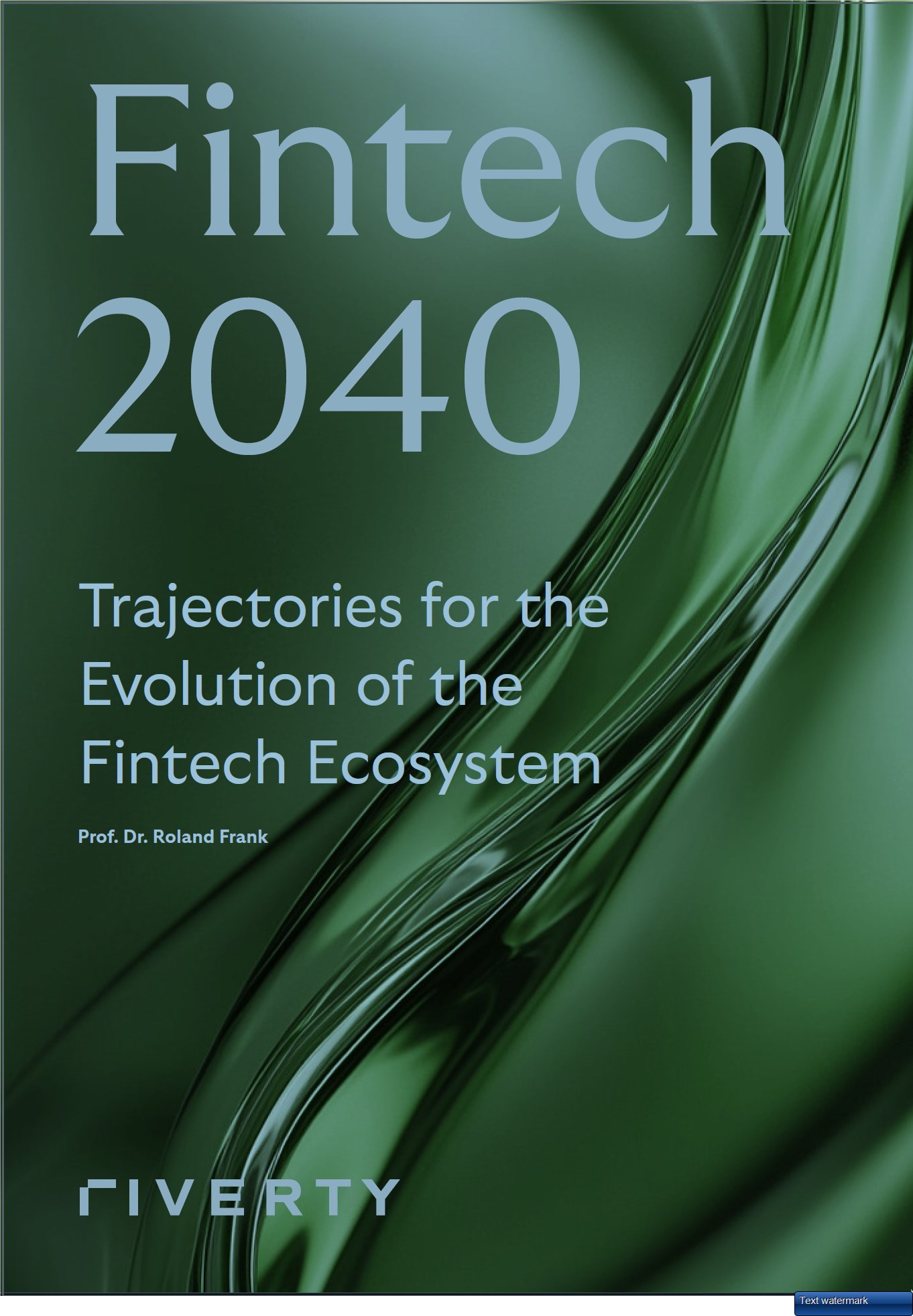The Importance of Representation: MRC Members and Global Financial Regulators
In the rapidly evolving landscape of eCommerce, merchants have an increasing influence over the global economy. eCommerce has transcended borders, and online retailers are no longer confined by geographical limitations. As the sector grows, so too does the need for proper representation at the table of the global financial regulators. MRC represents eCommerce merchants, and industry partners, at financial regulatory bodies worldwide, playing a pivotal role in shaping polices, fostering innovation, and ensuring a level playing field for all stakeholders.
In 2021 Retail eCommerce sales amounted to approximately USD$5.2 trillion worldwide and is forecast to grow by 56% over the next three years, reaching USD$8.1 trillion by 2026, according to Statista. As eCommerce continues to soar, it is essential to recognize its prominence on the global stage.
The Multifaceted Challenges of eCommerce
eCommerce faces challenges that are unique to its dynamic nature. These range from fraud prevention and cybersecurity to cross-border policy compliance and data protection. Competition and consumer protection have come to the fore in recent years as a particular focus for policymakers, as fraudsters become more innovative in their efforts to steal personal and financial data from consumers and retailers alike.
To address the challenges effectively, it is imperative to have a good understanding of the eCommerce ecosystem. This must encompass the diverse array of retailers and payment providers that operate within the sector, from small startups to the large enterprise retailers.
The Role of the Financial Regulator
The Financial regulators are responsible for creating and enforcing rules and regulations that govern financial markets and institutions. Traditionally, they have focused on banks, investment firms, and other financial institutions. However, as eCommerce has gained prominence, it has become apparent that traditional financial regulations are not fully equipped to address the complexities of the sector.
eCommerce merchants rely on payment processors, digital wallets, and various payment services providers to facilitate transactions. The integration of finance and technology has blurred the lines between traditional and digital financial services, thus creating the necessity for active involvement from eCommerce merchants to shape regulatory policy that impact their operations.
The Importance of Representation
- Advocacy: Having MRC represent our members at financial regulatory bodies enables eCommerce merchants to advocate for policies that support innovation and growth within the sector. Merchants are well-positioned to provide firsthand insights into the challenges they face, and solutions required. Without adequate direct representation, regulatory bodies lose an important viewpoint from the ecosystem.
- Consumer Protection: eCommerce merchants are also consumers of financial services, and their interests must be protected. Regulatory decisions on issues such as payment processing fees, dispute resolution, and fraud prevention measures directly affect merchant profitability and ability to provide a secure and seamless shopping and checkout experience for their customers.
- Cross-border Commerce: Cross-border eCommerce transactions are subject to complex regulations that can vary greatly from one jurisdiction to another. eCommerce merchants need representation to ensure policies are fair and don’t create unnecessary burdens or obstacles for global sales.
- Data Privacy and Security: eCommerce relies heavily on the collection and processing of customer data. As data breaches become more frequent, merchants need to be actively engaged in discussions around data privacy and security regulations. Effective representation can help strike the right balance between protecting consumer data and allowing businesses to operate efficiently, and with as little friction as possible.
Global Impact
The importance of representation for eCommerce merchants extends beyond individual countries. The global nature of eCommerce means decisions made by one country’s financial regulator can have a far-reaching effect on merchants operating worldwide. For example, the European Union (EU) General Data Protection Regulation (GDPR) has had a global impact on how companies handle data. eCommerce merchants outside of the EU must also comply with GDPR when dealing with EU customers. This extra-territorial effect underscores the need for global representation to ensure regulations are fair, reasonable, and harmonized.
The Way Forward
To achieve meaningful representation at financial regulatory bodies globally, MRC takes several steps on behalf of our eCommerce merchant members:
- Establishing the MIEC: The MRC Merchant Issuer Executive Committee is the hands-on, senior advisory group comprising the top eCommerce merchant and card issuer brands. The MIEC drives MRC’s advocacy activities and focuses on identifying material challenges and opportunities we action through deep industry engagement with financial regulators, policy and standard makers. Data-driven and action oriented, MRC has proven outcomes that have a positive impact on the payments ecosystem.
- Engage in dialogue with the authorities: MRC actively engages in dialogue with financial authorities globally, offering insights, expertise, and data-driven evidence to inform policy decisions.
- Educate regulators: Many regulators will admit to not fully grasping the complexities of the eCommerce sector. eCommerce merchants, through the MRC representation, play a role in educating regulators about the unique challenges and opportunities within the industry. This perspective can be different, for example, than one that might be mediated through an acquirer or payment processor on behalf of the merchant.
- Participate in public consultations: When regulators seek public input on proposed regulations, MRC replies in consultation with our members.
Focus Points
In the past 18 months, MRC has focused on the areas that have impacted our members most:
- Regulators:
- Federal Reserve on debit card routing and FedNow.
- Reserve Bank of India (RBI on Card on File e-mandate and tokenization).
- Japan METI (Ministry of Enterprise, Trade and Industry) on the potential introduction of SCA/3DS.
- Reserve Bank of Australia (RBA) on the introduction of tokenization and with AusPayNet on scheme fraud thresholds and incremental SCA requirements.
- European Commission PSD3 and PSR proposals.
- Card Networks: Mastercard Authorization Optimizer (NSF decline retry/recovery) and Visa Compelling Evidence 3.0. First Party Misuse definition, network tokens, PAR use-case investigation, and PINless debit.
- Law Enforcement: Europol joint annual fraud awareness campaign, CEPOL annual police training on payment fraud trends, and FBI fraud surveys.
To ensure continued growth and success of this sector, representation for eCommerce merchants at financial regulators worldwide has become a number one priority at the MRC. By actively engaging with regulators and working collaboratively, eCommerce merchants help shape the regulatory landscape to the benefit of all stakeholders in the eCommerce ecosystem.
Join us at the MRC as we advocate on behalf of all our members and for the benefit of the wider eCommerce payments ecosystem. MRC Members may join the Advocacy, Policy and Compliance Community Group to help us bring the collective Merchant Voice to the various authorities, or connect with the MRC Community on Slack.
















